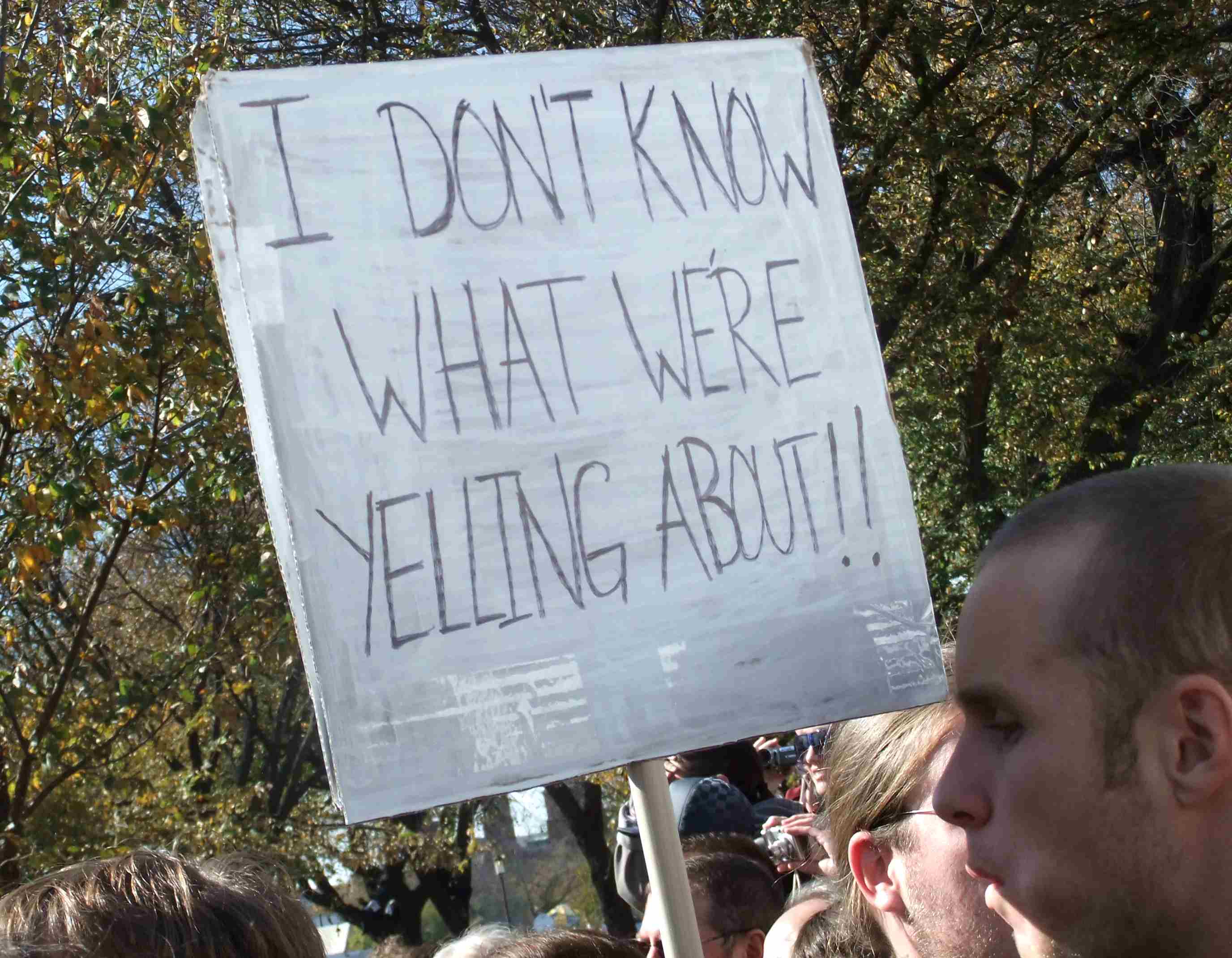Views expressed in opinion columns are the author’s own.
Last week, I wrote about the American phenomenon of being obstinate. We hold our politicians to that standard and expect their positions to remain constant, even in the face of evidence or popular support to the contrary. However, there is a second, even more dangerous, trend in this country. People refuse to say the words “I don’t know.”
This is most true in professional settings. If a supervisor asks a question, employees are inclined to give the quickest answer. But the fastest answer may not be the best one.
People who give quick and clear responses are often considered competent leaders. However, that does not mean the reverse is false. Admitting ignorance is a sign of humility and integrity. “I don’t know” doesn’t mean “I don’t care,” especially if accompanied by, “but let me look it up and get back to you.” Because one doesn’t know, they are absolved of responsibility until the point they do know. This can buy them the time to find the right answer and present a more in-depth response to their questioner.
This sends a better message to supervisors and is a safer long-term strategy. Giving compromised answers could eventually lead to a supervisor making a poor choice, leaving the burden of blame squarely on his or her source of information. Research not only prevents that from happening, but it also sends a message to the supervisor that their source is thorough, caring and competent.
This isn’t just an issue in the workplace but at university as well. I’ll admit when a professor asks the class a question, I am one of the first people to raise my hand and attempt to answer the question. But why? Sometimes I don’t have the best answer. I do it because I want to be seen as intelligent and competent, both by the professor and the class. Yet that frequently backfires when I don’t have a solid grasp on the material.
This intellectual posturing is not only unhealthy personally but also damages the classroom environment. It creates the façade that everyone in the class understands the material except for you, when in reality, the people raising their hands are often on the same page as you. This illusion also causes intellectual intimidation, where people don’t want to ask questions for fear of being judged as stupid. But the opposite is true. Only those willing to ask will actually learn. We should be encouraging the acceptance of “I don’t know” and “I don’t understand.” There is a stark difference between ignorance and stupidity.
In fact, some studies conducted by behavioral economist Daniel Kahneman show that sometimes, the smarter someone thinks they are, the worse they are at understanding complex problems. This is because they rely on their prior knowledge to make assumptions that ignorant people don’t consider. Pleading ignorance can actually give people valuable new perspectives.
Admitting ignorance shouldn’t be shameful. It is a sign of confidence and an authentic desire to learn. So the next time you are in class and you don’t understand, ask. Everyone is better off for it.
Moshe Klein is a junior economics and government and politics major. He can be reached at mosheylklein@gmail.com.



